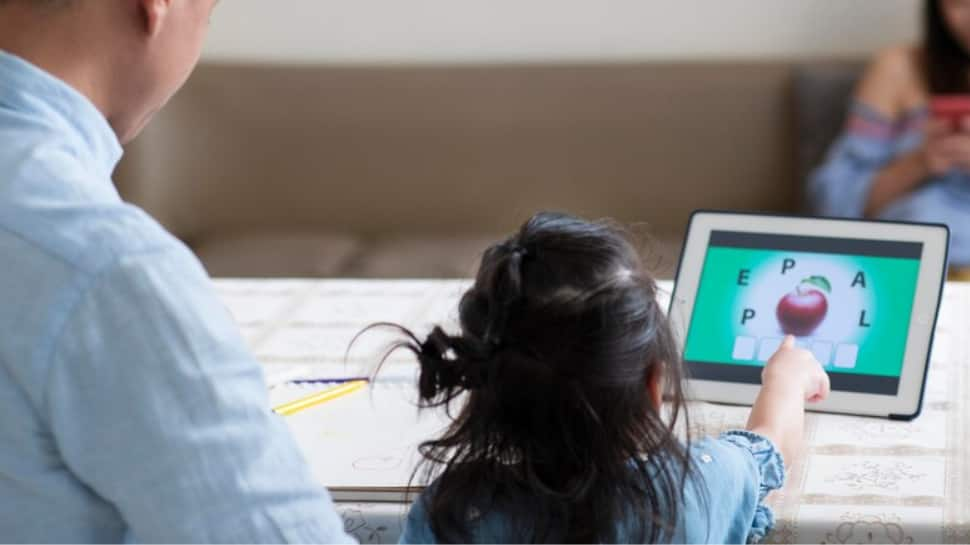In the dynamic realm of education and parenting, innovative strategies are revolutionizing child development. Parents are increasingly adopting personalized parenting methods, leveraging technology and community assistance. Understanding student behavior is pivotal in cultivating a conducive learning environment, facilitating customized educational approaches.
As the concept of academic achievement evolves, there is a shift towards prioritizing holistic development and integrating various parenting styles with technological advancements.
In a Zee News English interview, Mr. Chetan Jaiswal, Founder and CEO of MyPeegu, discussed how the integration of technology in children’s education is influencing their overall growth and, conversely, shaping parenting styles for caregivers.
Are there any emerging approaches influencing parenting in child development?
Parenting practices have undergone significant transformations in response to societal changes. Communication methods between parents and children, as well as the time invested in these relationships, have been greatly influenced by modernization. The proliferation of technology has simplified many aspects of life, yet it has also introduced complexities. Prolonged exposure to technology from an early age has altered some children’s habits.
How does understanding behavior impact students’ educational experience?
Children are in a continuous process of growth and learning how to effectively communicate their needs to the adults in their lives, whether at home or in school. Each child has unique requirements, even in the context of learning within educational settings. Therefore, it is essential for educators to decipher these behaviors to cater to each child’s needs effectively.
How do contemporary psychometric tools redefine child development within educational institutions?
Traditionally, child development has been assessed in quantifiable terms, offering parents, guardians, and educators a clearer understanding of developmental milestones expected at different ages. This approach aids in ensuring that children meet their developmental targets effectively.
How is the perception of academic success evolving, particularly concerning parenting styles and the integration of technology in education?
The landscape of academics has transformed significantly with the advent of technology in education, providing students with expanded learning opportunities. The infusion of technology into academic settings has metamorphosed classrooms into hubs of innovation and creativity, transcending traditional teaching methods. Concurrently, parenting styles have also evolved to encompass not only academic progress but a comprehensive developmental approach, emphasizing broader skill acquisition beyond conventional academics.
Is there a necessity for a collaborative approach between parents and schools to foster the holistic development of children? Are there specific frameworks in place for this purpose?
As children navigate their formative years, their primary avenues for socialization and learning are their homes and schools. The knowledge assimilated by children predominantly stems from interactions with parents at home and educators at school. Therefore, it is imperative to ensure that all significant figures in a child’s life adopt a harmonized approach towards their development.

